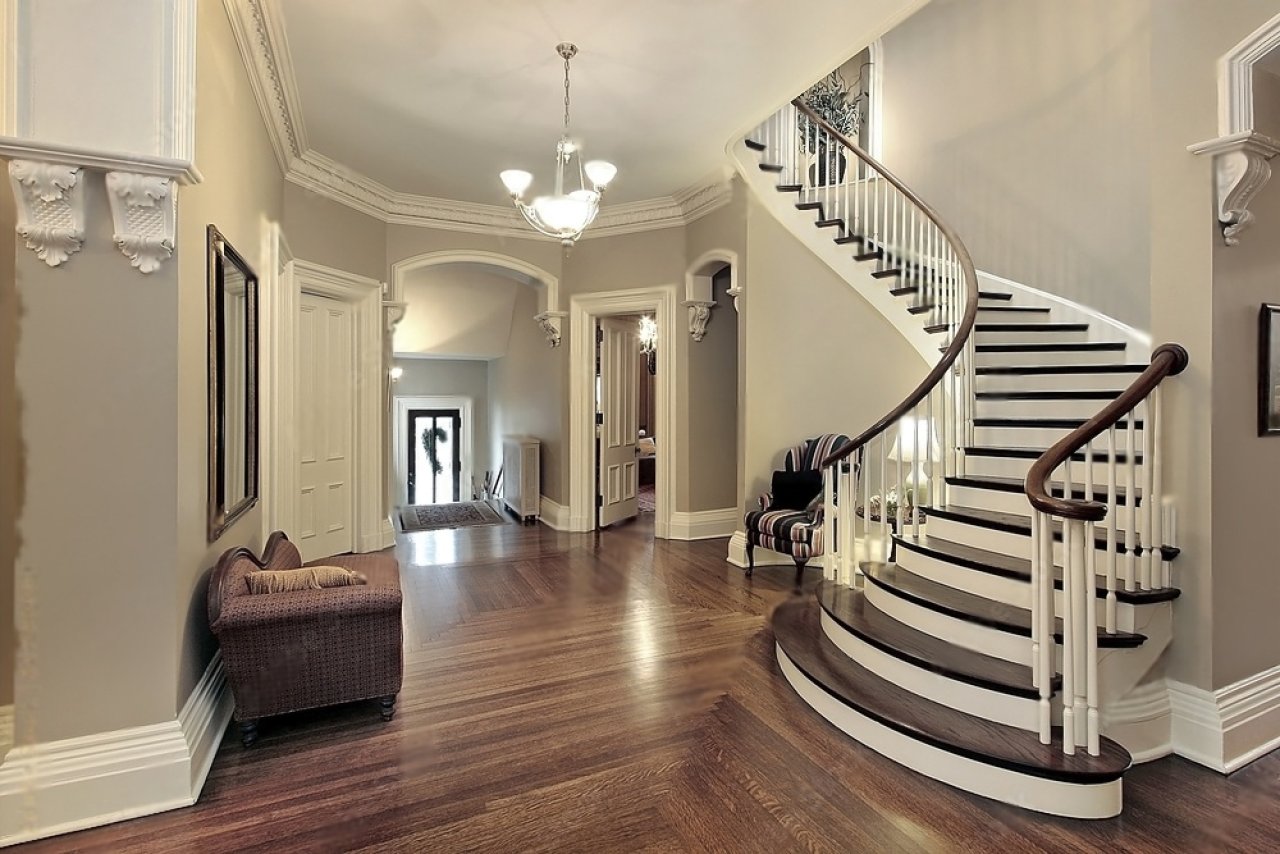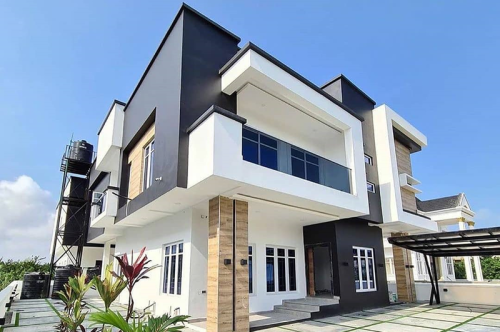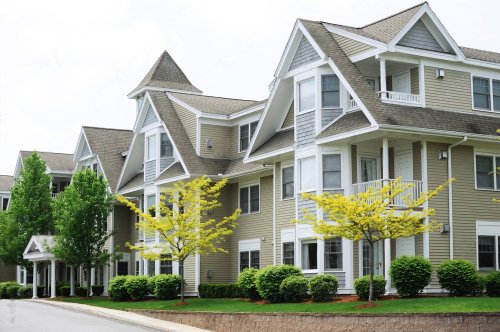Renovating vs. Buying: Making Informed Decisions

INTRODUCTION
The decision to renovate your existing home or buy a new one is a pivotal crossroad that many homeowners find themselves facing at some point. Both options have their advantages and disadvantages, and making an informed decision requires careful consideration of your personal circumstances, financial situation, and long-term goals. In this article, we'll delve into the pros and cons of renovating versus buying a new property to help you navigate this important decision.
Renovating Your Existing Home
Renovating your current home can offer a range of benefits, including:
- Cost Control: Renovating allows you to control costs more effectively since you're working within the existing structure. You can choose which areas to update and tailor the renovations to your budget.
-
Sentimental Value: If you have an emotional attachment to your current home or your neighborhood, renovating can allow you to preserve the sentimental value associated with it.
-
Customization: Renovating lets you customize your home to your preferences. You can choose the design, materials, and features that align with your lifestyle.
However, renovating also has its challenges:
- Hidden Costs: Renovations can often uncover unexpected issues, leading to additional expenses that weren't initially budgeted for.
-
Disruption: Renovations can disrupt your daily life, especially if major construction work is involved. Noise, dust, and limited access to certain areas can be inconvenient.
Buying a New Property
Buying a new property has its own set of advantages:
-
Fresh Start: Moving to a new home provides a fresh start in a new environment. You have the chance to choose a property that meets your current needs and preferences.
-
Modern Features: New homes often come equipped with modern amenities, energy-efficient appliances, and the latest technology, which can lead to long-term savings on utility bills.
- Less Hassle: Moving to a new property means you won't have to deal with the inconvenience and uncertainty of a renovation project.
However, buying a new property also comes with its own considerations:
- Financial Outlay: Purchasing a new property involves transaction costs such as real estate agent fees, closing costs, and potential property taxes. You also need to consider your ability to secure a mortgage.
-
Market Dynamics: The real estate market can be unpredictable. The timing of your purchase can significantly impact your investment, and buying in a seller's market might mean paying a premium.
-
Emotional Adjustment: Moving to a new property can be emotionally challenging, especially if you have strong ties to your current home and neighborhood.
Making an Informed Decision
To make the best choice for your situation, consider these steps:
- Evaluate Your Current Home: Assess the potential for your current home to meet your needs through renovations. Consider the cost, feasibility, and potential resale value.
-
Clarify Your Priorities: List your priorities, such as location, size, amenities, and budget. This will help you evaluate both renovating and buying options more objectively.
-
Financial Assessment: Determine your budget for renovations and consider pre-approval for a mortgage if you're leaning towards buying a new property.
- Consult Professionals: Engage with real estate agents and contractors to get estimates, insights, and advice on both renovating and buying.
CONCLUSION
Ultimately, the decision to renovate or buy hinges on your unique circumstances and goals. Whether you choose to revitalize your current home or embark on a new property journey, careful planning and consideration of the pros and cons will help you make a decision that aligns with your long-term vision and financial capacity. Remember that both paths have their benefits and challenges, and there's no one-size-fits-all answer.







